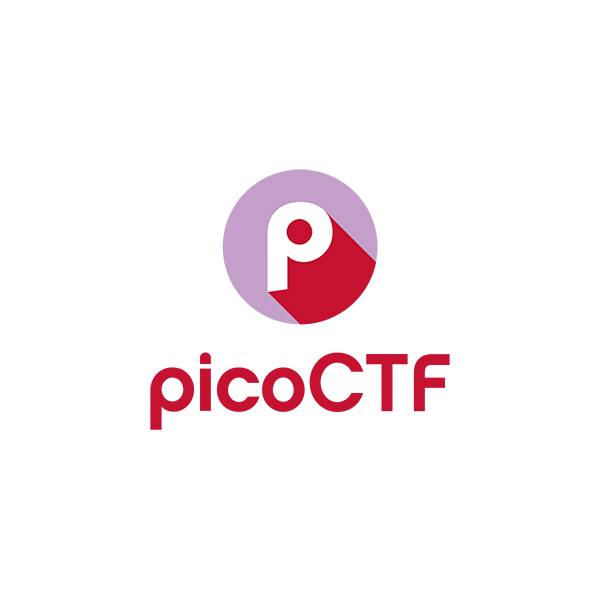Cognitive Research Lab, Inc. (Minato-ku, Tokyo, CEO: Hideto Tomabechi) will once again serve as a category sponsor for the high school hacking contest picoCTF, developed by Carnegie Mellon University, which ranks first in the world in cybersecurity and AI fields. Following the success of last year’s event, we will offer a team award for Japanese participants at the picoCTF 2024 contest held in March.

In 2023, approximately 30 schools, including Kaisei Junior High School, Tsukuba University Attached Komaba Junior High School, Nada Junior High School, Musashi Junior High School, Oin Junior High School, Shibuya Kyoiku Gakuen Makuhari Junior High School, and Tokyo Gakugei University Senior High School participated.
With the increasing sophistication of cyber threats, there is a growing social demand for the discovery and development of cybersecurity talent. Students participating in picoCTF can acquire practical cybersecurity skills by tackling challenges set by world-class hackers in a game-like format.
The contest, held from March 13 to 27, targets a broad range of students, from those who already have programming knowledge and want to test their skills to those who wish to learn hacking techniques from scratch. Students can participate not only individually but also as teams with friends from school clubs or programming classes.
By expanding this contest domestically, Cognitive Research Lab aims to increase and improve the technical skills of Japan’s young cybersecurity professionals.
※ X account:@japanCTF
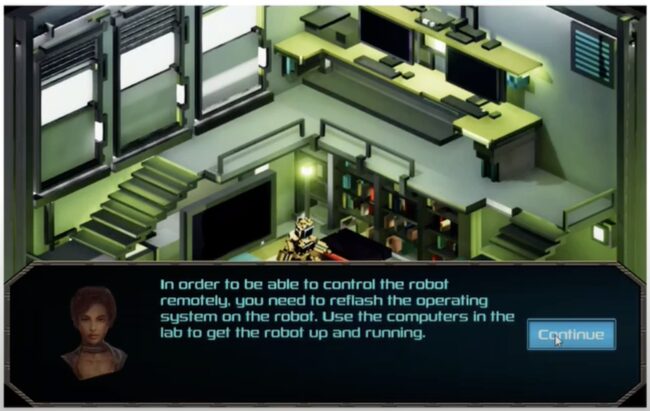
Rising Cyber Threats, the Key to Discovering and Nurturing Advanced Security Talent: “Hacking Contest CTF”
In recent years, cyber threats have become more sophisticated, with increasing cyber terrorism at the national level, cyber crimes against cryptocurrencies, and hacking of government agencies. Cyberattacks on Japan, suspected to be related to the current situation in Ukraine, have also occurred.
Developing highly skilled cybersecurity personnel is becoming an urgent national task to address national security and economic security, which are critical issues in a complex geopolitical environment. CTF (Capture-the-Flag) has attracted attention for discovering and nurturing cybersecurity talent. CTF is a computer security competition, also known as a “hacking contest.” Participants use computer science knowledge and techniques to perform reverse engineering, cryptanalysis, and other tasks to find flags hidden in computers by the organizers. CTF has become an educational method for learning cyber defense and cyber attacks, held worldwide.
picoCTF: A Hacking Contest for Middle and High School Students Developed by Carnegie Mellon University
Carnegie Mellon University, ranked number one in the world in cybersecurity and AI (U.S. News & World Report), developed picoCTF through its Computer Security Center (CyLab) for middle and high school students. Operational since 2013, picoCTF features a gamified approach where participants can enjoy and learn security technologies by tackling challenges set by world-class hackers, resulting in high educational efficacy.
“CognitiveHack Japan” Awards: Various Team Prizes for Japanese Participants
Cognitive Research Lab, in a category sponsorship agreement with Carnegie Mellon University, promotes picoCTF in Japan. For the March 2024 contest, we will establish “CognitiveHack Japan 2024” to honor Japanese participants.
CognitiveHack Japan Awards
- Overall Winner: ¥50,000 (Awarded to the team that earns the highest points in picoCTF2024 among qualifying teams. May overlap with other division awards.)
- Junior High Division Winner: ¥50,000
- High School Division Winner: ¥50,000
- University Division Winner: ¥50,000
- Female Division Winner: ¥50,000
- School Awards (Junior High and High School): Certificate of Commendation
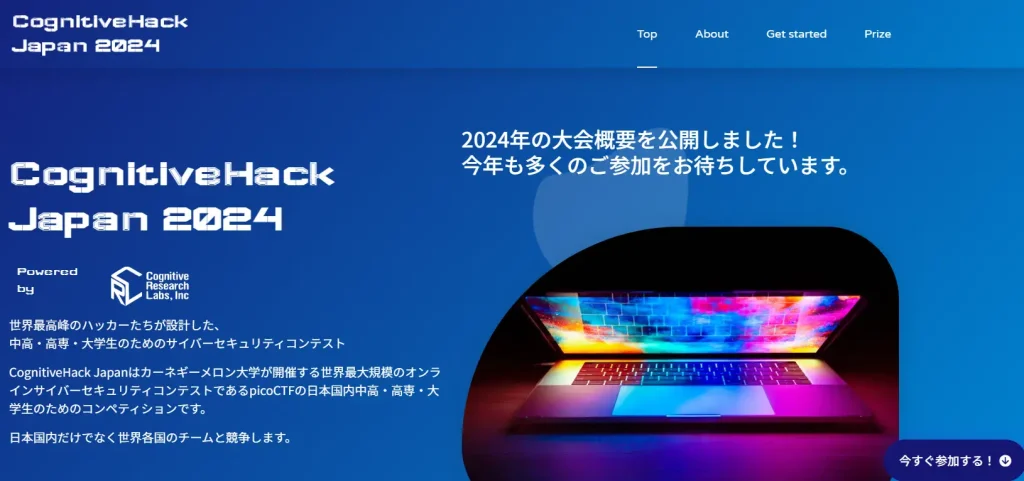
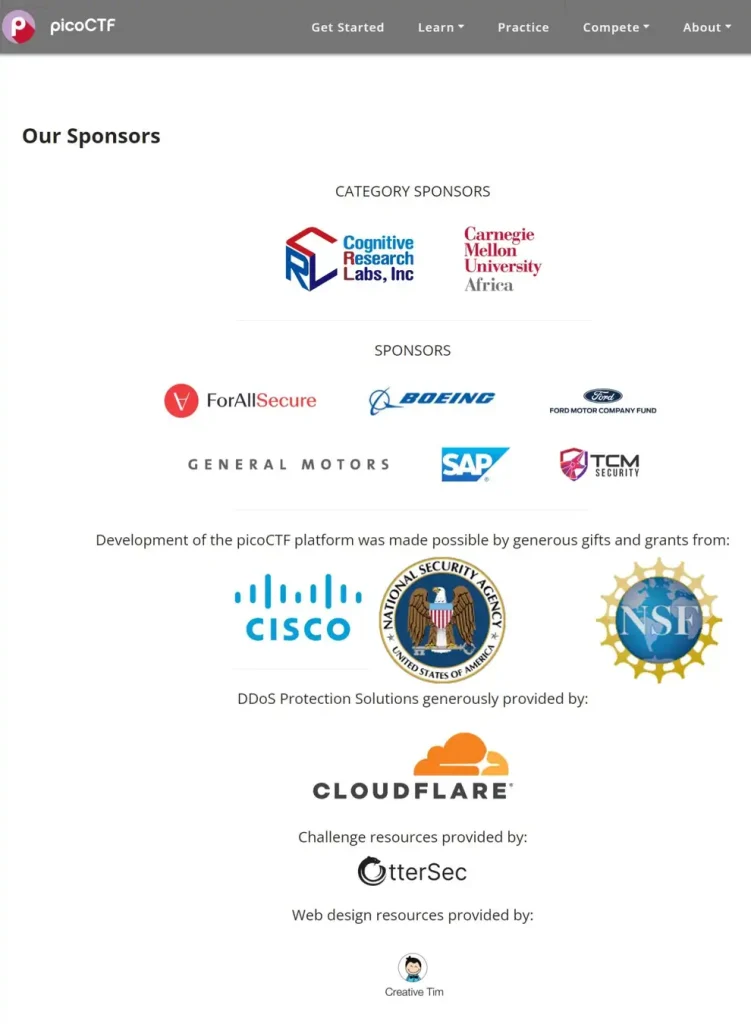
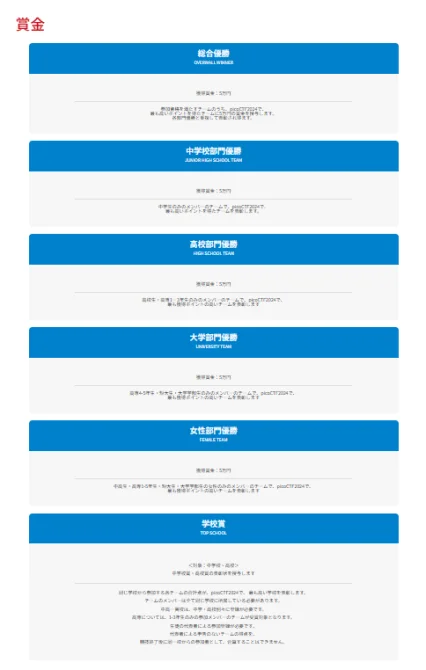
To Students Eager to Test Their Skills or Learn from Scratch, Schools, Clubs, and Programming Teachers:
How to Enter To participate, teams must register on the domestic special site “CognitiveHack Japan” and create accounts on the official “picoCTF-CMU Cybersecurity Competition” site managed by Carnegie Mellon University.
Registration Steps:
- Register a username on picoCTF: https://play.picoctf.org/login
- Register for picoCTF2024: https://picoctf.org/
- Register the team on CognitiveHack Japan’s Google Form (one representative registers all team members): https://forms.gle/iNaQKb3zqy843ext5
- To participate in school awards, a representative (student) registers the teams within the school: https://forms.gle/CDJ62QgDpijnWyJC9
Official site: https://cognitivehack-jp.cognitivectf.com/
Eligibility for Awards:
- Eligibility: Japanese middle school, high school, technical college, junior college, and university students aged 13 or older (as of the end of March 2024). Graduates this spring are also eligible. Teams including foreign students enrolled in Japanese schools are also eligible. However, teams including Japanese nationals enrolled in overseas schools are not eligible.
- Team Composition: Teams of 1 to 5 members. Members do not need to be from the same school (however, school awards are only given to teams composed entirely of members from the same school).
- Participation Fee: Free
- Graduate students, working professionals, and others not eligible for awards can also participate.
Contest Schedule:
CognitiveHack Japan Registration Starts: February 6, 2024 (Tuesday)
PicoCTF Registration Starts: February 1, 2024 (Thursday) (Registration possible until the end of the contest period)
picoCTF/CognitiveHack Japan Contest Period: March 13–27, 2024 (Japan time)
Follow us for the latest information on X (formerly Twitter) at @japanCTF.
Company Overview: Cognitive Research Lab, Inc.
Cognitive Research Lab, Inc. was founded in 1988, a time when most people were unfamiliar with terms like “cognitive science” or “cognitive computing.” As one of the few foundational research institutes in Japan, it has pursued genuine foundational research (science) and developed platforms to create society 50 years into the future (engineering).
CEO Hideto Tomabechi completed his Ph.D. in Computational Linguistics at Carnegie Mellon University in 1993, after being a Fulbright Scholar at Yale University in the Computer Science Doctoral Program (Artificial Intelligence). He has held positions such as Assistant at the Department of Computer Science at Yale University, Researcher at Yale University’s Artificial Intelligence and Cognitive Science Institutes, Researcher at Carnegie Mellon University’s Department of Computer Science, Visiting Researcher at ATR’s Automatic Translation Telephone Research Institute, Associate Professor at Tokushima University, Director of the Justsystems Tokyo Research Institute and Basic Research Institute, Leader of the Justsystems-Harvard University Medical School Massachusetts General Hospital Joint Brain Function Research Project, Specialist Committee Member of the Ministry of International Trade and Industry’s Information Processing Promotion Council, and Chief Researcher at Cognitive Research Lab, Inc.
Since 2008, he has been a CyLab Fellow at Carnegie Mellon University. Since 2019, he has been a Research Professor at George Mason University’s C4I & Cyber Center. From 2014 to 2019, he led a joint project between Carnegie Mellon University and the Self-Defense Forces Cyber Command. He is currently the President and Representative Director of the Japan Journalist Association and the President and Representative Director of the Japan Diplomacy Policy Association.
Research Achievements:
Corporate page: https://www.crl.co.jp/
Wantedly page: https://www.wantedly.com/companies/crl
- We are also looking for engineers, so please contact us if you are interested.

